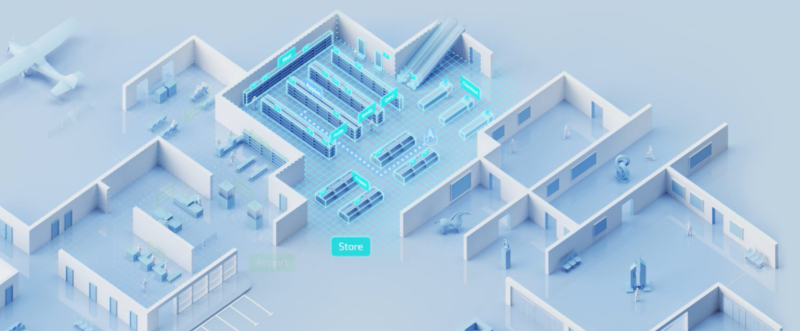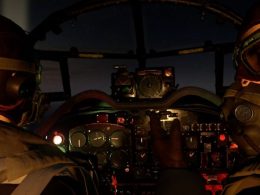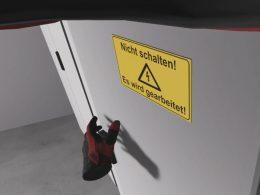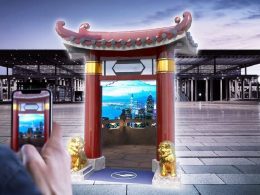London-based start-up Dent Reality is developing augmented reality indoor navigation for grocery shops.
The desperate search for a co-worker and the "Sorry, where can I find lactose-free milk?" will soon be a thing of the past. Because the latest technology from the London start-up Dent Reality shows the way to the product you are looking for. The innovative app shows the floor plan of the shop and your own position on your smartphone and knows exactly where a product category is located. The user is guided to the right shelf by map or augmented reality view. WLAN and sensor data from the smartphone are used to locate the user in real time.
To realise this vision, the team has now received seed funding of the equivalent of US$3.4 million. The lead investor is Pi Labs, with Sugar Captial, 7Percent Ventures and a number of smaller investors also contributing to this sum.
Cooperation with Apple
Dent Reality has been working on AR Indoor Navigation since 2017 and claims that the solution can cope with up to 40,000 items per shop and thousands of locations per retailer. To make this work smoothly, Dent Reality works closely with retailers.
One of the first customers is the British shop chain Marks & Spencer, which carried out a test project with Dent Reality in London. Dent Reality has also worked with Apple on a test basis.
Grocery shops are just the beginning for Dent Reality. "We chose grocery shops because that's the most difficult challenge we could have solved," CEO Andrew Hart tells TechCrunch.
Google also offers AR navigation indoors in isolated cases
In the future, the navigation solution is to be extended to other indoor areas. We are talking about office complexes, hospitals and universities. To achieve this goal, the new funds will be invested in new professionals and an increase in the customer base.
Google is also already testing initial solutions for AR indoor navigation and this year announced a Google Maps update that guides smartphone users through airports, transit stations and shopping malls using AR signage. Currently, selected US locations are supported, as well as Tokyo and Zurich. The latter was the first airport in the world to support the solution, as we reported at the time. reported.
Source: Mixed









